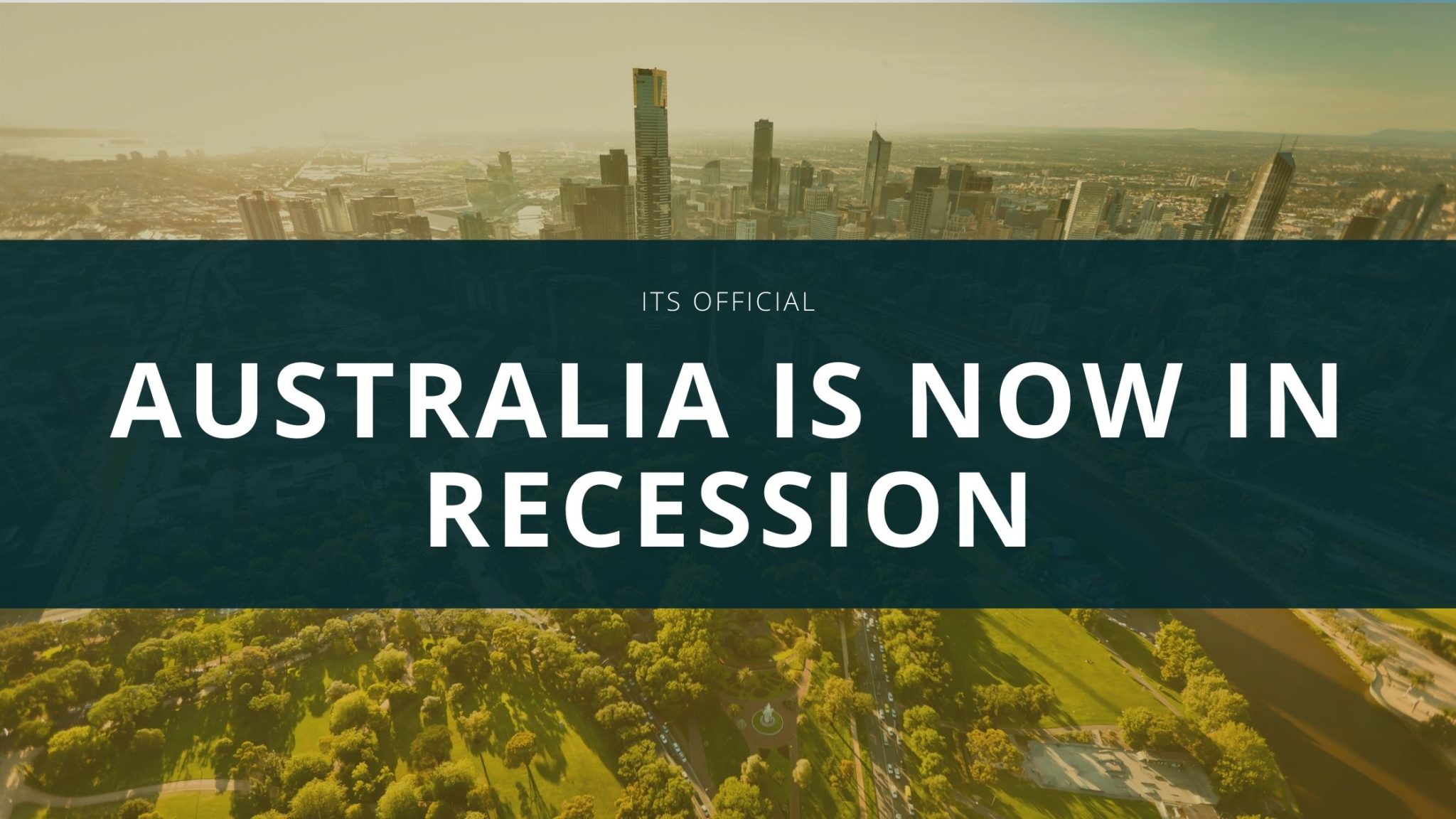
Helen Collier-Kogtevs
Banking Royal Commission – the Winners and the Losers
Hasn’t the last week been eventful for us property investors!
I want to talk about the banking Royal Commission (RC) because the outcomes have a huge impact on our economy, the housing market and healthy competition. If you didn’t listen to my recent webinar about all of this, you can do so via this link.
In my webinar, I discussed in detail who the winners and the losers were from the outcome of the RC. Some of it makes me angry and I want to talk about it further as I don’t think everybody fully understands what’s happening.
What is clear is that the media is having an absolute field day and as a result many people are running scared. I’m not surprised and I don’t blame them but I want to try and give you another perspective and hopefully calm some emotions out there.
Who are the Winners?
The winners I believe are the banks, or in particular the big banks. With the exception of NAB’s CEO and Chairman, I believe the banks are going to come off scot free, now and in the long term. You know what, if there’s ever a time I’d like to be proven wrong, this would be it.
The question on everyone’s lips is, will NAB’s CEO and Chairman be prosecuted? Look, while the 15-minute media frenzy goes on, it might, but I don’t think so. So let’s see what happens. I’ll be watching it closely.
Who are the Losers?
The losers from the Royal Commission are mortgage brokers, consumers and healthy competition. Let me explain why.
There were 76 recommendations handed down by Commissioner Hayne that the government has agreed with, yet the mortgage brokers have been the hardest hit. The recommendation suggests removing trail commission from brokers by 1st July 2020 and in 3 years’ time, review the payments of upfront commissions from brokers completely, and recommending that we move to a ‘fee for service’ model. This means that the consumer (you and I) will pay the broker for finding us a loan.
It’s been interesting watching both political parties now saying that they don’t want to impact the 20,000+ brokers in this country, over 20,000 small businesses. Afterall, to annihilate that industry would annihilate or have an impact on over 20,000 households. Not to mention all the support services.
So, I’ll be interested to see what the fall out will be, as there’s a lot of talk amongst brokers right now, many are worried or panicking.
The other point of discussion is the fee for service. It’s the intention of Commission Hayne to move from the banks paying brokers to, consumers paying brokers, fee for service. Now, in principle, I’m really good with that. If I go to my accountant, I’d pay him for the service he provides. The same with my solicitor or doctor. Wherever you go, you pay a fee for the service.
However, if the mortgage brokers are not paid by lenders, like they currently are, that means us consumers will be paying somewhere between $3,000-$5,000 for a broker to find us a loan.
Personally speaking for example, I have numerous loans as I have an extensive portfolio. If I wanted to refinance any of my loans, that could end up being a very expensive proposition. And so, the average consumer out there who just wants to buy their own home or buy one investment property, chances are you’re not going to want to pay $3,000-$5,000 for a broker to find you a loan, unless you’re particular situation, circumstances and strategy cause you to go to a broker.
More than likely, you’ll go straight to a bank, which means most consumers will go direct to the banks to save on the fee for service costs. Therefore, the banks will become more profitable, won’t they?
Here’s another thought.
If we get rid of brokers, what will happen to lenders like ING, First Mac, Advantedge, Pepper, and Blue Stone, just to name a few, that predominately use brokers. What will happen to the online lenders that don’t have branches? Having these lenders available to consumers is what creates competition.
And if the above were to happen, consumers would then have to deal directly with the banks.
Let’s look at this another way.
Under current legislation, a broker has to be tertiary qualified, have a valid license, have indemnity insurance, be a member of an industry association, registered with the Ombudsman, and aligned with an aggregator.
To get you a loan, a broker must implement all the legal compliance, therefore are legally obliged to provide you with three to five loan options or products for you to make a selection. They’ll give you there recommendations based on your strategy, your goals, etc but they give you the option, and you literally have to sign off on it. That’s a legality that they have to abide by.
Now, if we go straight to a bank, are the staff in the lending department going to have legal requirements and conditions that a broker has? Or will they just be sales people trained up on lender products? And if your loan was declined at a Westpac branch, are they going to suggest you walk down to your NAB branch for a second opinion?
Well, it’s a scary thought, but I don’t think so.
Whereas a mortgage broker is liable for putting us into the wrong product. They are liable for getting it wrong.
Now, with every industry there is, whether it be medical, financial services, housing, construction you’ll always get dodgy players in every industry, and I applaud the government for trying to clean up the financial services. However, the concern is, I feel that mortgage brokers are the fall guy for the banks. I’m a conspiracy theorist and I reckon the banks are going to profit from this Royal Commission as healthy competition and therefore the consumer will pay the penalty.
Clearly investors agree. As soon as the report was released the big banks shares went up in value by millions of dollars. This shows that people believe that not only did the big banks get away relatively unscathed but that they will continue to rake in huge profits.
What will happen next?
We have an election coming!
I know the government said that they agree with all 76 recommendations made by Commission Hayne but I believe it’s because we’ve got an election coming soon and they’re going to try and be agreeable to win our vote.
They’re trying to win an election, not really trying to do the right thing. And if they implement all 76 recommendations, I think if could have devastating consequences on whole economy.
APRA and the RC have had a massive impact on the property market over the last couple of years. Investors are running scared. There’s blood on the streets and people are panicking, property prices are falling. Then if Labor come in, and here’s my prediction, I think Labor are going to get in, they’re going to then tweak negative gearing even further, and make a mess of things.
If you watch my webinar, I talk about downturns and recessions and how long they last, and I go through all the different tips around how to manage that.
So if Labor gets in and makes further changes to negative gearing, that’s just going to quiet the market even further. And so for all investors out there, we are coming into a great buying cycle, but just make sure you have your strategy nailed and your exit plan in hand.
Now’s the time to really have the guts to go against the crowd, march against that crowd, because this is where we’re really going to reap the benefits. And as Warren Buffet says, “Buy when everyone’s selling…” we’ve got a two year window. Let’s make the most of it.
Getting an education in property, is really important to help you understand what is happening and how to navigate your way forward, especially in uncertain times. Click here to learn more about how we can help you with your investing education.
Helen Collier-Kogtevs
Share this post
Become a successful Property Investor















